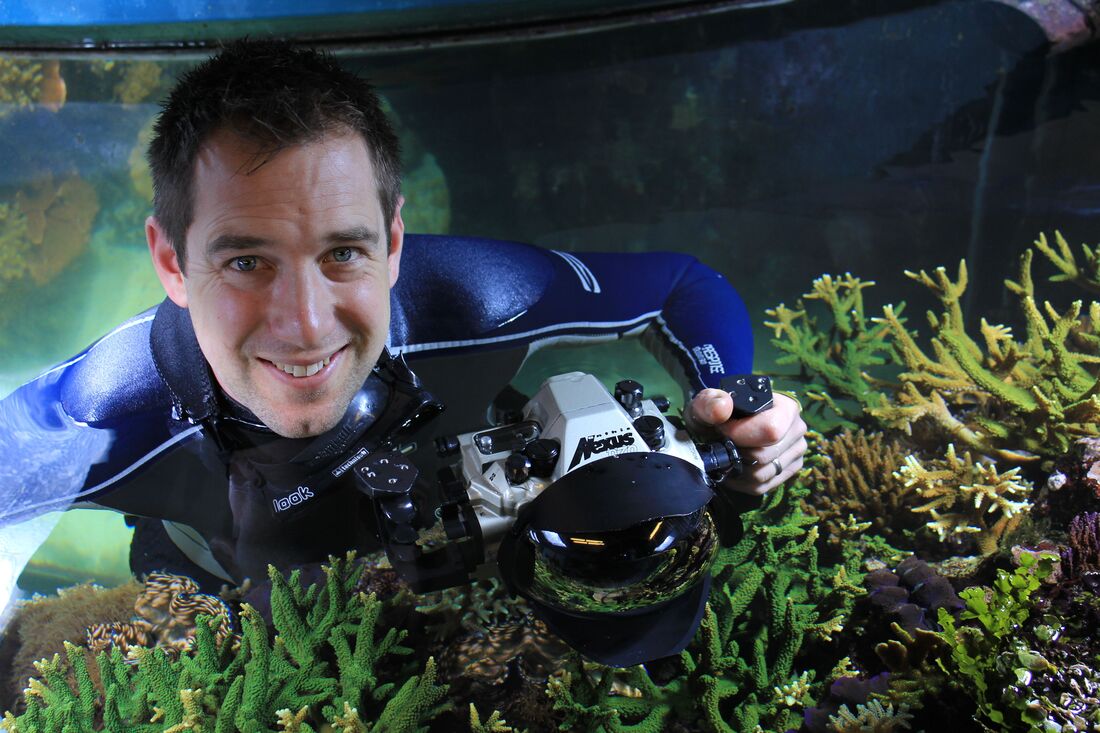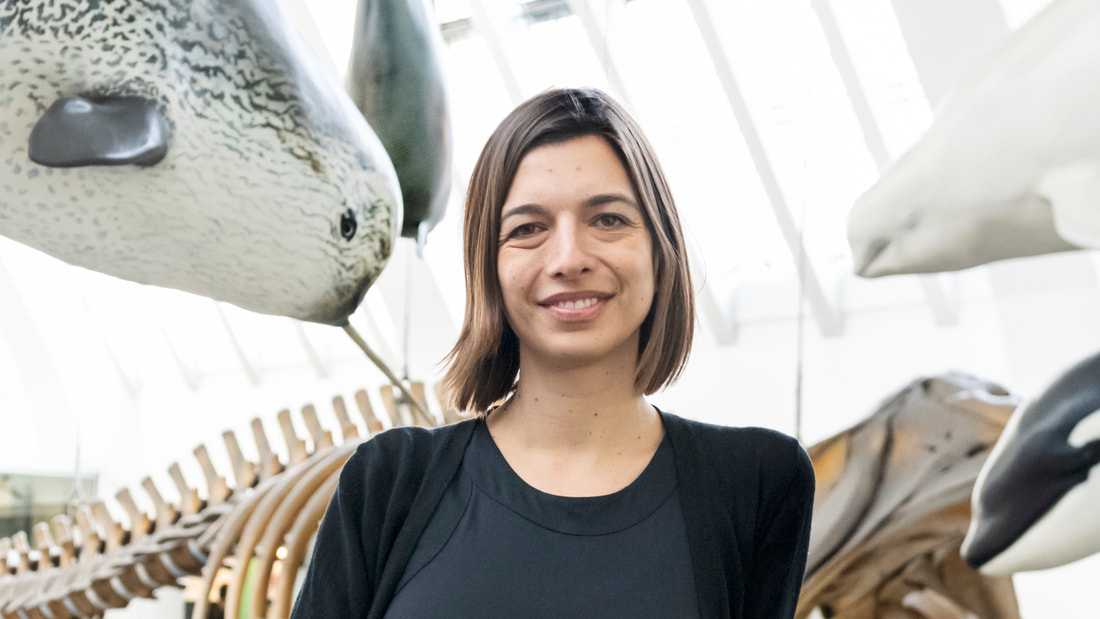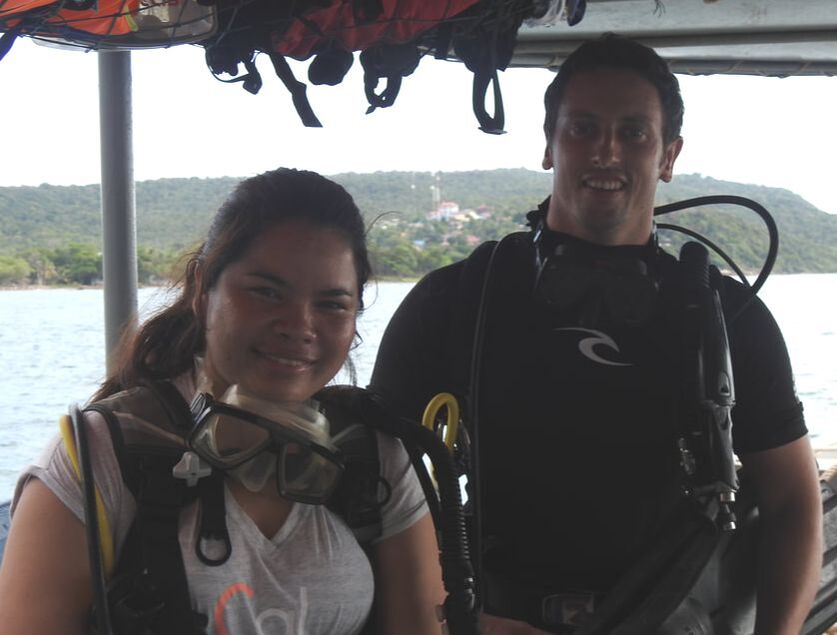Reef Conservation UK 2020 - Plenary Speakers
We are delighted to announce RCUK 2020 will feature five fantastic plenary sessions:
Sarah Lemer
|
Jamie Craggs
|
Alastair Harborne
|
Morena Mills
|
Srey Oun Ith & Matthew Glue
|






